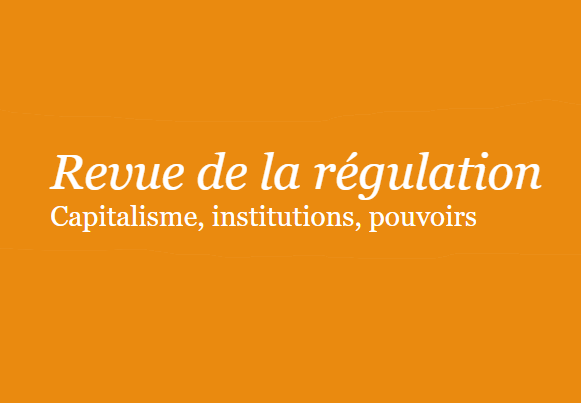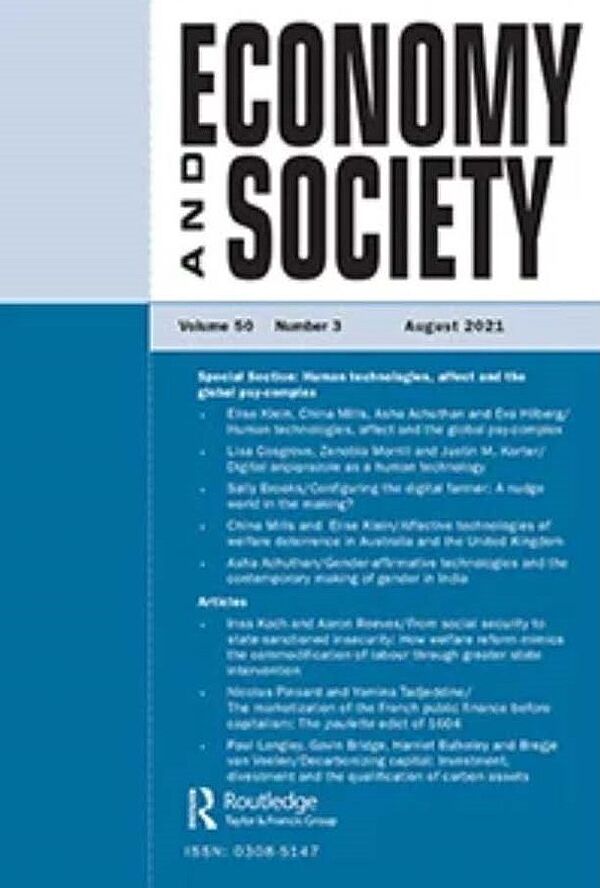
Nicolas Pinsard
- FACULTE DES LANGUES, CULTURE ET SOCIETES
Présentation
Dernier article
The absolutist origin of capitalism. Primitive accumulation and rent in France (14th–17th centuries)
This paper contributes to the literature on the transition from feudalism to capitalism in Western Europe, with a specific focus on the process of primitive accumulation during France’s absolutism, from the 14th to the 17th century. Drawing on Regulation Theory and Marxism and supported by archival research, the article aims to demonstrate that France and England followed different paths in their journey toward capitalism. Due to the premodern structure of the state and the process of political accumulation, a small fraction of the state bourgeoisie amassed wealth, facilitated by war and by levying taxes. Officeholders could thus extract surplus labour, primarily from the peasantry. The transition to an economy where markets became a compulsory stage for tax payment and the resurgence of the state established a regime of rent-exploitation and relationships of indirect, collective exploitation. In France, the state and public finances played a pivotal role in separating the peasantry from its land and means of production. This paper offers new insights into the role of absolutism in Marxist historiography. It argues that absolutism constitutes a distinct social formation from feudalism, paving the way for the transition to capitalism by proletarianizing a part of the French peasantry.
Keywords: primitive accumulation, absolutism, transition to capitalism, fiscal-financial regime, rent, state, France, Regulation Theory, Marxism
Récente publication
The marketization of the French public finance before capitalism: The paulette edict of 1604
The sovereign debt market represents one of the most active and highly regarded fields of financial transaction. Nevertheless, the trading of public debt securities is no natural phenomenon. It is the fruit of a long social and political process. We have chosen the history of France’s public finances as the subject of our empirical investigation because France represents a unique example of marketization of state finances outside the capitalist mode of production. We posit that the birth of this market system can be traced back to the introduction of the paulette tax in 1604, a reform which modified the rules governing the granting, valuation and transmission of public offices, creating the necessary conditions for a market on which these titles could be exchanged freely. This paper is based on archival research and information gathered from the French National Archives and the Bibliothèque Nationale de France (BNF). The concept of socio-technical devices proposed by Çalışkan and Callon provides a theoretical reference framework to the extent that it allows us to define the nature of the market relations established. However, the case of the office market brings to the fore the need to distinguish between marketization and the notion of market agencement. The market for offices came about less from economic theories or practices than from political and social ones. The office market followed the sovereignty imperatives of the state.
Keywords: Offices; Ancien Régime; Public Finance; Marketization; Market Agencement; Social Studies of Finance







